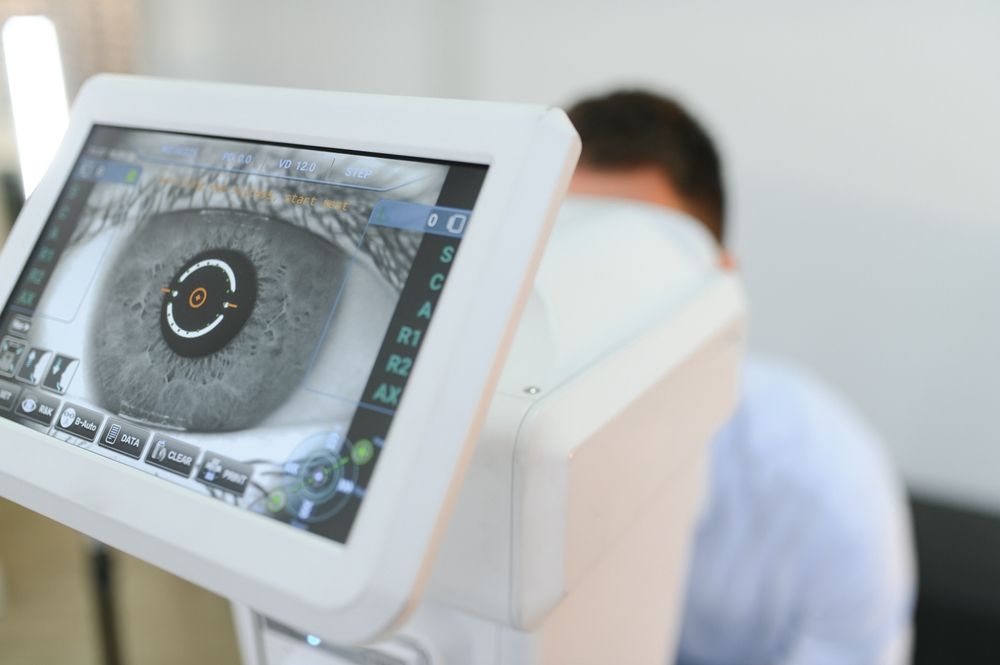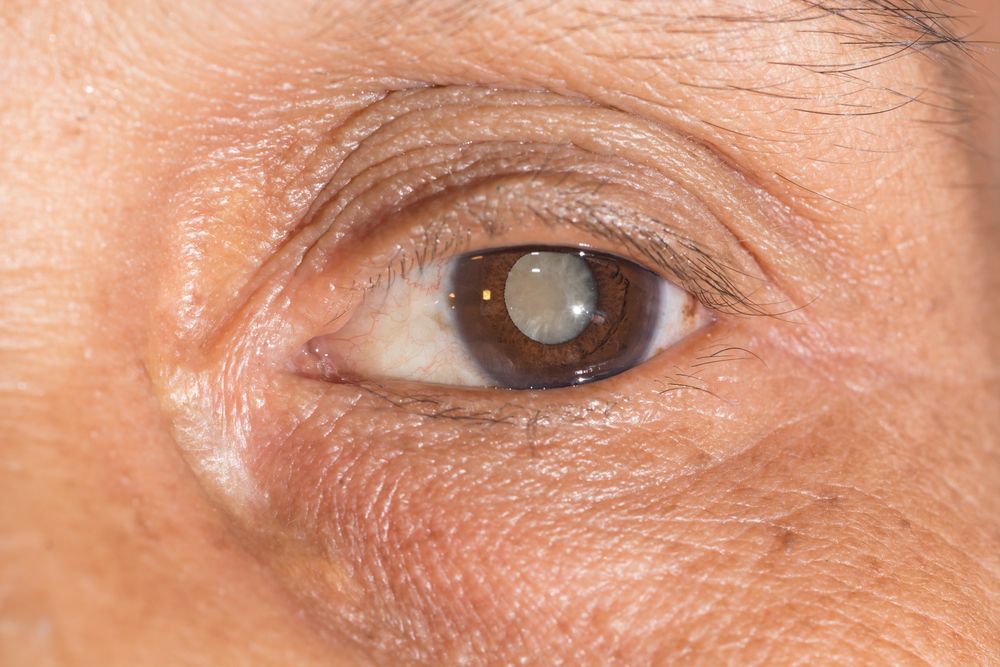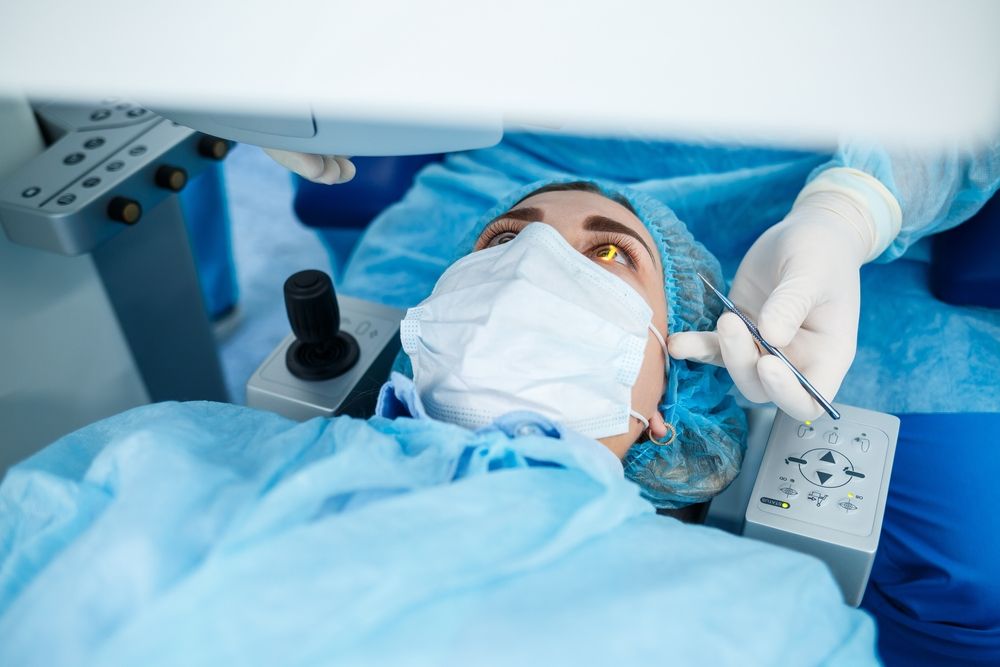Fier Eye Care & Surgery Center Blog
Learn more about optometry care in our blog!

Keratoconus is a degenerative eye disorder that affects the cornea, the clear window at the front of the eye. In a healthy eye, the cornea is dome-shaped and helps to focus light properly onto the retina. However, in the case of keratoconus, the cornea progressively thins and bulges into a cone-like shape, leading to distorted and blurry vision.

Comprehensive eye exams are not only about finding the right prescription for your glasses or contact lenses. They are a crucial part of preventative health care, offering many benefits beyond the obvious. These exams involve a series of tests designed to evaluate your vision and check for various eye diseases.

Macular degeneration is a leading cause of vision loss worldwide. There are two types: dry and wet. Dry macular degeneration is the most common type and occurs when the light-sensitive cells in the macula slowly break down, causing a gradual loss of central vision.

Diabetic retinopathy is a common complication of diabetes that affects the blood vessels in the retina. The retina is a thin layer of tissue at the back of the eye that is responsible for sending visual signals to the brain. When blood sugar levels are consistently high, it can damage the blood vessels in the retina, leading to diabetic retinopathy.

Age-related vision changes are a natural part of the aging process. As we age, the lens in our eyes becomes less flexible, making it harder to focus on close objects, a condition known as presbyopia. Concurrently, the retina, responsible for converting light into electrical signals for our brain, may also deteriorate, leading to conditions like macular degeneration.

Cataracts are a common eye issue that primarily affects individuals as they age. This condition is characterized by a clouding of the lens in the eye, which can lead to a range of symptoms, including blurred vision, difficulty seeing at night, and sensitivity to light. Cataracts form when the protein in the eye's lens clumps together, causing a clouding effect. While this condition is often associated with age, it can also be caused by other factors, such as injury or certain diseases.

Entropion and ectropion are two conditions that affect the positioning of your eyelids. Although they may not be as well-known, they can still significantly affect your eye health and vision quality.

Unlike glasses, contact lenses require a bit more effort to maintain. They need to be cleaned, rinsed, and stored properly to ensure their effectiveness and longevity. Proper contact lens care goes beyond just keeping them clean. It's also about safeguarding our eyes from infections and other potential complications.

Eye emergencies are situations that require immediate medical attention due to symptoms affecting the eyes. These can range from sudden vision loss to eye injuries, infections, and other conditions that can potentially lead to vision impairment if not promptly addressed. Understanding what constitutes an eye emergency is crucial to seeking appropriate treatment in a timely manner.

Cataracts are a common cause of vision loss, especially as we age. However, thanks to modern medicine and advanced surgical techniques, cataracts can be successfully treated with surgery. At its core, cataract surgery involves removing the clouded lens of your eye and replacing it with an artificial one. It's an outpatient procedure that's common, safe, and highly effective.








